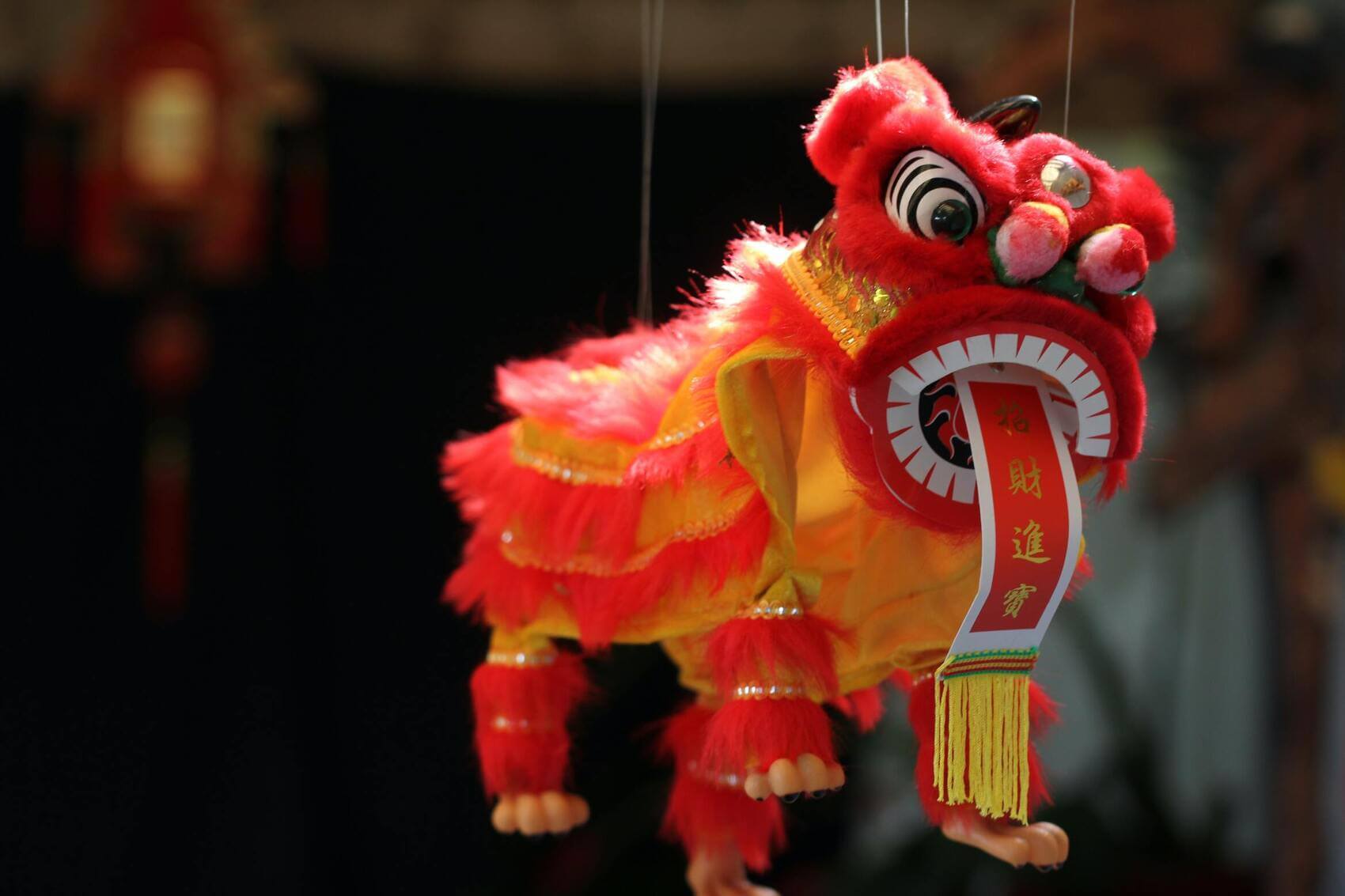Do you know what year it is about to be? You may be thinking, “January 1 just passed. It’s far too early to be thinking about next year.” But still to come is the worldwide celebration of Lunar New Year. This holiday is a special time for millions of people across the globe. But for Asian and Asian American Christians, the holiday presents unique challenges.
What Is Lunar New Year?
Lunar New Year (also called Chinese New Year) is the largest holiday for many Asian groups in terms of scale, importance, and family traditions. Many Asian ethnic groups, such as Chinese, Taiwanese, Korean, Vietnamese, Hmong, and others, celebrate this holiday.
The celebration of the Lunar New Year includes traditions that have been passed down for generations. Children and teens often receive red envelopes (红包 or hóng bāo in Chinese) containing money from their families. People set off firecrackers to scare away evil spirits and must follow a strict list of things to do while avoiding others.
Perhaps the best way to think about the impact of Lunar New Year in Asia is to compare it to how Americans celebrate Christmas. During the Lunar New Year holiday, students go on vacation and return home to their families. Stores and shops prepare specific holiday products and decorations. Families travel long distances to reunite and eat meals of dumplings, noodles, shrimp, and other traditional dishes. Younger family members pay honor and respect to older and deceased family members. Additionally, families make sacrifices to gods and ancestors in the hope of blessings and prosperity in the upcoming year.
The Tensions of Lunar New Year
Although Lunar New Year is meant to be a time of joy, it can also become a time of tension for Asian believers. Some Asian Christians have come to America from their home country as students, immigrants, or refugees. They may not be able to celebrate the holiday in a foreign context or are separated from their family by great distances. They may experience loneliness and isolation during the festive season.
Asian American Christians may experience a different type of friction. Lunar New Year has its roots as a ceremonial day in which people would pray to gods or their deceased ancestors for blessings and good harvests. Many Asian Americans grow up performing the motions of worship and sacrifice to their ancestors or gods, even if they didn’t fully know the reasons why. These idolatrous practices thus become family traditions.
Family dynamics may add to the tension. Many second and third-generation Asian Americans have family members who hold staunchly to the traditions of Lunar New Year. In most Asian cultures, family trumps individuality, and each family member is expected to do what is best for the family (generally decided by the eldest male of the family unit) rather than allowing individualistic expressions. Thus, even a kind refusal to participate in certain holiday traditions is not always easy. It can bring shame upon the entire family, guilt on the believer for not performing the wishes of the family, and possible disownment and separation of the believer from the family.
Because of the deep longstanding cultural and family traditions, resolving these tensions is difficult. Asian and Asian American believers must carefully navigate their family dynamics in an attempt to be loving members of their household and also maintain their faithfulness to Christ. But often these Asian and Asian American believers will face these tensions alone as other Christians are either unaware of the holiday or lack understanding of the cultural and family background. This is why we must find ways to support our Asian and Asian American brothers and sisters during this time. We can help one another be witnesses to our families while participating in our family gatherings in love.
How You Can Pray for Asian Christians at Lunar New Year
- Pray that Asian and Asian American believers would wisely navigate both the tension of family and religious pressures. A culture that highly values family traditions and patriarchal hierarchy puts significant pressure on the younger generation to continue to follow the old traditions regardless of personal beliefs.
- Pray for the persecution and deep shame felt by many Asian believers during this holiday. Some have been disowned by their family for their faith. Some are consistently shunned or teased. Others receive verbal harassment that their choice to fully obey God is the wrong choice for them and their family.
- Pray that the Asian people who celebrate this holiday would come to see that seeking blessings and prosperity from false gods and ancestors will never fulfill them. Although they may seek blessings for their lives now, pray that their eyes would be opened to the blessings of knowing God the Father and the love of Jesus Christ who paid for their sins on the cross.
- Pray that you would seek ways to encourage your fellow Asian brothers and sisters during this time. This can be a lonely time for many Asian believers who feel shamed or are separated from their families. Ask your Asian friend if you could spend this holiday with them or invite them to your family’s gathering.
- Pray that you would not miss the evangelistic opportunity. The Asian community loves to share this holiday with others. You have an opportunity to join and speak the truth of the gospel to those who are placing their faith in the blessings and prosperity of tradition.

